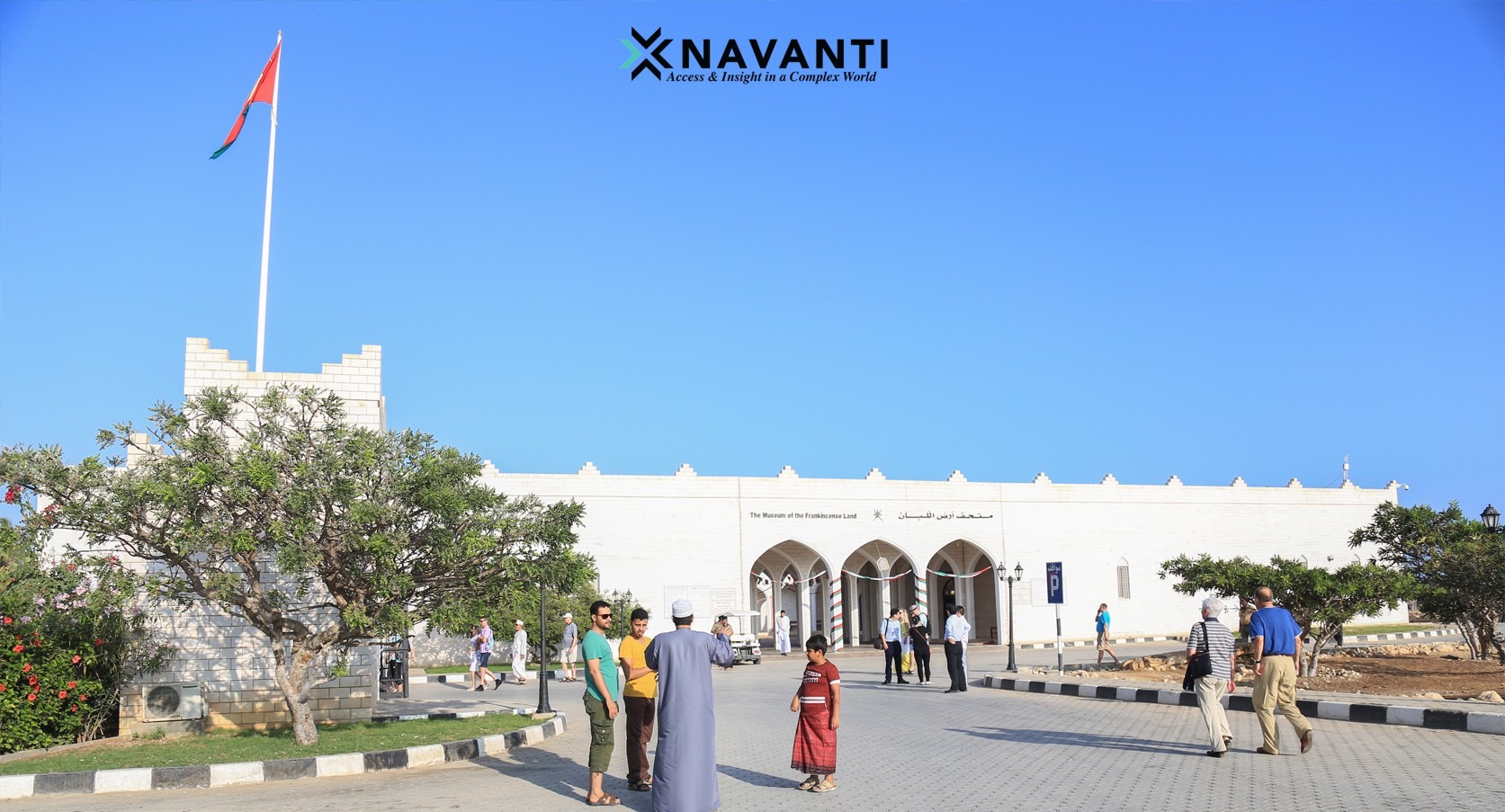Three Brothers’ ISIS Attack on Muscat Mosque: Implications for Oman by Mohammed Albasha

Historically, the Royal Oman Police (ROP) have focused on crimes such as smuggling, drug activities, traffic violations, local fights, scams, and other petty offenses. However, a recent attack by the Islamic State of Iraq and Syria (ISIS), also known as Daesh, Islamic State (IS), and the Islamic State of Iraq and the Levant (ISIL), has raised significant concerns.
On Monday evening, three Omani brothers associated with the violent extremist group, ISIS, carried out a deadly assault on a Shi’a mosque in Oman’s capital, Muscat. The attack, which claimed the lives of six people, including the attackers and a policeman, has left the nation in shock.
The attack occurred at the Imam Ali mosque in Muscat’s Wadi al-Kabir district during Ashura, a significant observance for Shi’a Muslims. The assailants opened fire on worshippers and engaged in a gunfight with Omani security forces that lasted until the next morning. This incident has rattled a country that has largely avoided the sectarian violence seen in other Middle Eastern states, despite its proximity to conflict zones.
Oman’s religious landscape is diverse, as the majority of Omanis are Muslims, predominantly adhering to the Ibadi school, with Sunni and Shia communities also present. Yet, the recent arrest of Al Mashani tribe members during Eid al-Adha prayers underscored potential sectarian tensions, emphasizing Oman’s careful management of its diverse sectarian groups. Eid, traditionally a time of unity and peace following Ramadan’s fasting, is overshadowed by political divisions in the Arab world, leaving Muslims uncertain about when to celebrate. In certain countries, Eid concludes on different days, even within the same household.
The Royal Oman Police confirmed the casualties and injuries resulting from the attack, stating that military and security procedures have concluded. An investigation is ongoing to determine the motives and identities of the attackers, described as influenced by “misguided” ideologies, a politically correct term in the Arabian Gulf states for those influenced by Violent Extremist Organizations (VEOs).
The attack has sparked a wave of reactions on social media, with many Omanis pushing back against the notion of ISIS infiltration. A viral conspiracy theory has emerged, suggesting that Oman’s public support for Gaza has led to “Israel” activating the alleged ISIS threat. This theory aligns with a common narrative in the Arab world that ISIS is a Western conspiracy designed to infiltrate and destabilize Muslim communities.
A growing section of the Omani population has recently criticized the United States for its support of Israel’s actions in Gaza, reflecting strong public backing for the Palestinian cause. This stance stems from political, religious, and social factors within Oman. However, despite growing anti-American sentiment and disagreement with Washington’s position on Israel, Oman plans to maintain its strategic relationship with the United States.
Earlier this week, the Pentagon reported that attacks claimed by the ISIS this year are increasing and expected to double last year’s tally. This resurgence marks a significant return of the terrorist group, a decade after it inflicted widespread destruction and casualties across the region.
The international community has also responded to the attack. Pakistan’s Ministry of Foreign Affairs confirmed the deaths and injuries of several Pakistani nationals and condemned the incident as a “dastardly terrorist attack.” The Indian embassy in Muscat reported casualties among Indian citizens. The US embassy in Muscat issued a security alert for its citizens in Oman, advising vigilance and adherence to local authorities’ directives.
While it’s too early to determine if this attack signals an ongoing security issue or is an isolated event, it undoubtedly raises concerns about future potential threats. Despite its location in a volatile region, Oman has generally maintained stability regarding violent extremist organizations. This is due to proactive measures and strategic policies. Oman works closely with the United States and other partners to counter terrorism, particularly threats from Yemen. Oman seeks to bolster its capabilities through training and equipment while addressing extremism through justice, equality, and societal partnership. The nation’s stability hinges on its commitment to sectarian harmony and religious tolerance. Following the recent ISIS attack, Oman faces heightened scrutiny, with the government and security forces poised to increase vigilance amid evolving security challenges.

